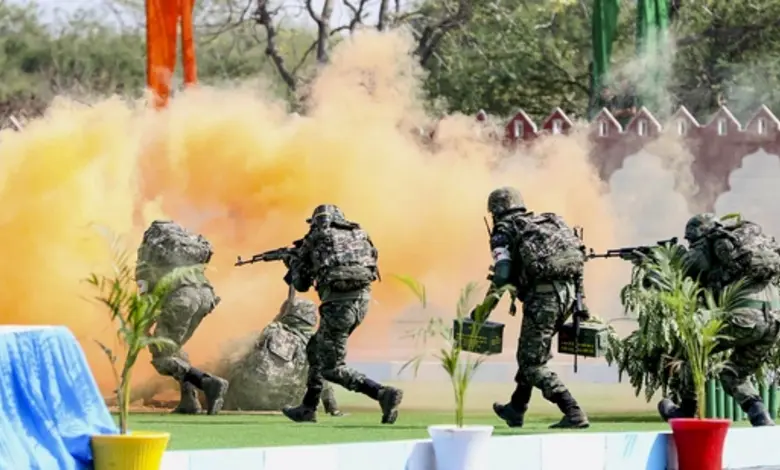What is a mock drill ? Why MHA ordered nationwide mock drills on May 7

The Ministry of Home Affairs (MHA) has mandated comprehensive civil defence mock drills across India on May 7, prompted by heightened tensions with Pakistan following the April 22 terror attack in Pahalgam, Jammu and Kashmir, which claimed 26 civilian lives. The directive, issued on Monday, aims to bolster national preparedness amid escalating regional hostilities, marking the first such large-scale exercise since the 1971 India-Pakistan war.
A mock drill is a practice exercise that simulates an emergency situation to prepare people to respond effectively during real-life incidents. These drills are essential for ensuring that everyone knows how to act quickly, safely, and efficiently in the event of an actual emergency. Whether it’s a fire, an earthquake, a medical emergency, or any other crisis, mock drills help build confidence and enhance preparedness among employees, students, or residents.
The MHA’s order follows a series of high-level meetings chaired by Prime Minister Narendra Modi in Delhi to strategize India’s response to the Pahalgam attack. The drills, to be conducted across 244 civil defence districts, focus on evaluating and enhancing emergency response mechanisms. Union Home Secretary Govind Mohan will convene a meeting on Tuesday to oversee preparations.
Key measures outlined by the MHA include testing air raid warning systems to ensure their reliability and operationalizing hotline and radio communication links with the Indian Air Force for seamless coordination. Control rooms and backup shadow control rooms will be assessed for functionality, while civilians and students will receive training on protective measures against potential hostile attacks. The drills will also involve implementing crash blackout protocols to simulate urban blackouts, camouflaging critical infrastructure like power plants and government facilities, and rehearsing updated evacuation plans to streamline emergency responses.
A Delhi Fire Services (DFS) official, emphasized their readiness to support the initiative, stating, “DFS can help to train individuals on how to act in different war-type situations… We will comply with all orders by MHA and help in trainings when called.” The official underscored the role of coordinated efforts involving local authorities and civil defence personnel.
The backdrop of these drills is the ongoing strain in India-Pakistan relations, intensified by the Pahalgam attack, which India attributes to cross-border terrorism. Tensions have been further aggravated by Pakistan’s increased military activities along the Line of Control and international border in Jammu and Kashmir, as persisting for 11 consecutive days. India has responded with diplomatic measures, including suspending the Indus Waters Treaty and downgrading ties with Pakistan.
The MHA’s initiative reflects a strategic effort to fortify civilian and institutional preparedness, ensuring robust defence mechanisms in the face of potential threats. As the nation gears up for Wednesday’s drills, the focus remains on fostering resilience and coordination to safeguard citizens and critical assets.
